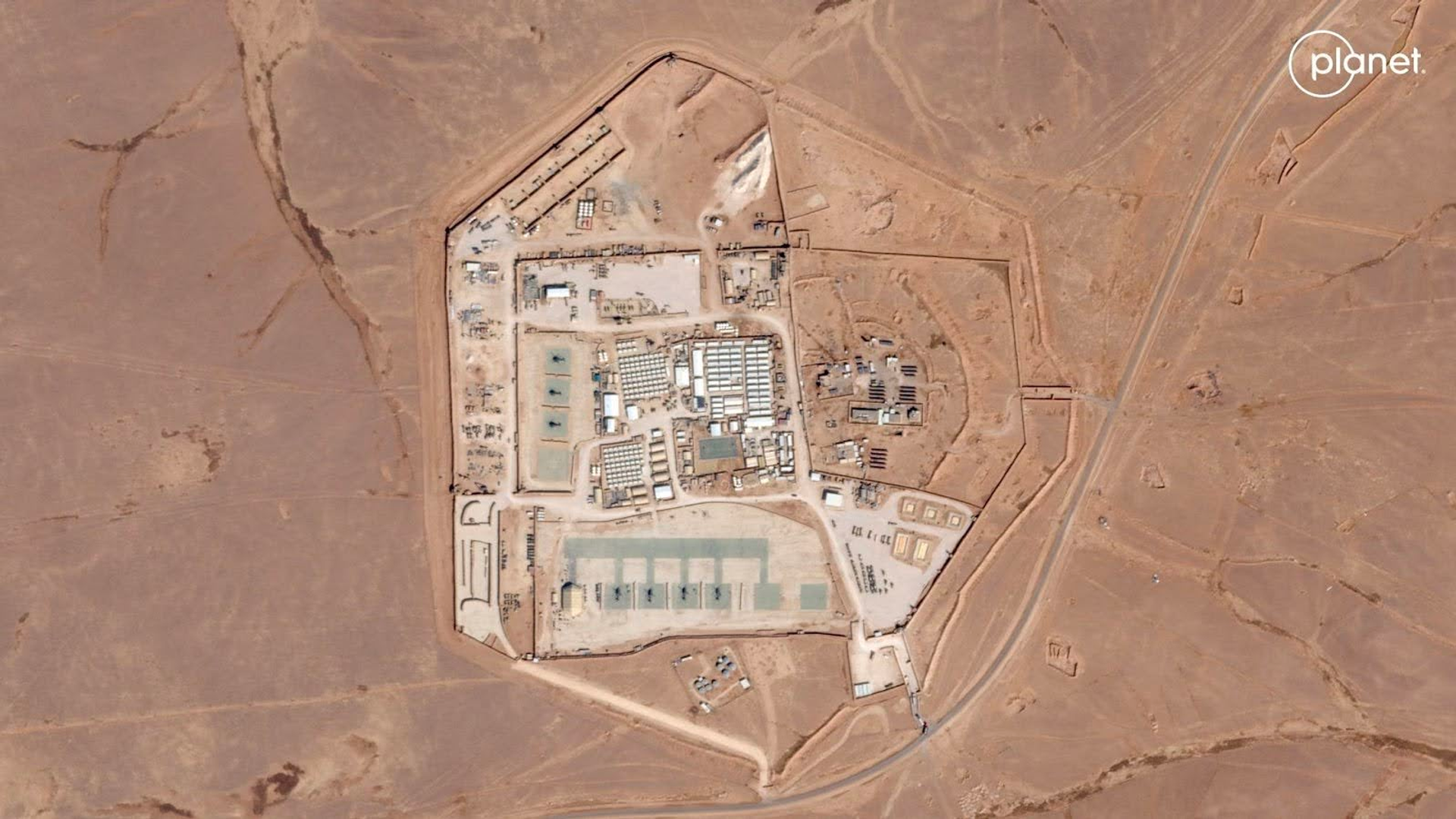The News
Iran denied involvement in a drone strike near theJordan-Syria border that killed three U.S. troops amid growing fears of an expanding crisis in the Middle East.
The attack marked the first time American soldiers have been killed by strikes in the region since Hamas’ Oct. 7 attack on Israel.
The U.S. may have failed to stop the attack owing to confusion over whether the enemy drone was one of their own, the Wall Street Journal first reported Monday, citing U.S. officials.
Washington has accused Tehran-backed proxy militias of conducting the strike. But Iran’s permanent mission to the United Nations said: “Iran has no connection to these attacks, and the clashes are between the U.S. army and resistance groups in the region, who reciprocally confront each other.”
SIGNALS
Strike upends theory that US is managing Iran’s proxies
The attack “has proved false” the theory that Washington is successfully managing the threat posed by Iran and its proxies in the region, William Wechsler, senior director of the Rafik Hariri Center and Middle East Programs at the Atlantic Council, said. The U.S. will need to respond — and that reaction should be calculated, he argued. The response will need to be forcible, but avoid “the risk of provoking a wider regional war.”
US must balance response against Iran’s possible political win
U.S. President Joe Biden has promised to retaliate for the assault, and experts believe a response is very likely. But Washington hasn’t struck targets in Iran since the 1980s, only engaging with Iranian forces in Syria and Iraq, The Economist noted. The path that Biden decides to take could seriously alter the trajectory of the war: “This could signal a period of much more intense exchanges, with more damage and higher casualties,” Gregory Brew, an Iran expert at the Eurasia Group, told the outlet. Meanwhile, the president needs to balance a show of force with the delicate situation in the region. Carrying out strikes in Iraq against Iranian forces “would further poison the relationship with the government in Baghdad, handing Iran a political victory,” the newspaper noted.
Axis of Resistance shapes Iran’s influence over the Middle East
Iran’s proxies — known as the “Axis of Resistance” — have increasingly carried out strikes and other attacks since the onset of the Israel-Hamas war. In the Red Sea, Houthi rebels have targeted cargo vessels, and the Israel Defense Forces have repeatedly exchanged fire with Hezbollah at the Israel-Lebanon border. The axis isn’t a straightforward proxy system, and Iran doesn’t have full control over the militias it partners with, Sara Harmouch and Nakissa Jahanbani, experts on counterterrorism, wrote in The Conversation. Rather, Iran uses these organizations to exert additional influence in the region. Groups in the network have their own agendas, and “while based on shared objectives and ideologies, these alliances allow varying degrees of autonomy,” the authors noted. The partnerships offer Tehran a counterbalance to Washington’s influence in the region.

